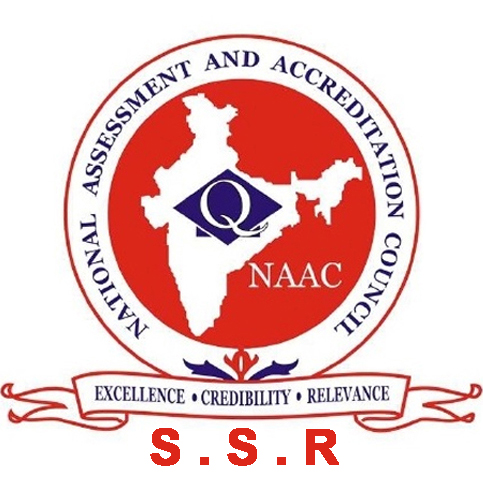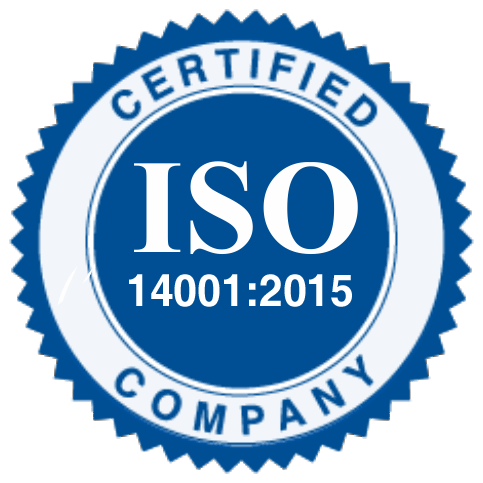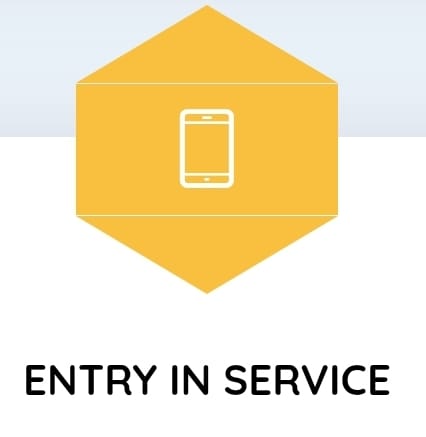ADMINISTRATION
POLICY DOCUMENT
Download Institutional Perspective Plan and Deployment Policy
College Policies
Academic Policy
- Integrating ICT in regular teaching and adhering to structured learning modules.
- Conducting analyses of student progression to identify varying learning paces.
- Upgrading library services, including E-library (LMS), for better academic resources.
- Facilitating participation in seminars and workshops to update the knowledge base.
- Encouraging experiential learning through various interactive activities like field trips and debates.
- Promoting publications by teachers and students in various academic mediums.
- Supporting applications for funded projects by teachers.
- Fostering collaborations with external institutions for internships and faculty exchanges.
- Organizing seminars with experts to broaden academic perspectives.
- Offering additional courses for skill enhancement and employability.
- Providing financial aid to economically disadvantaged students.
- Creating a fund to reward and motivate meritorious students.
- Ensuring access to high-speed internet and IT facilities.
- Cultural development by encouraging participation in relevant programs.
- Running placement awareness programs.
- Offering counseling and mentoring for career guidance, higher education, and mental health support.
Examination Policy
Based on the suggestions provided by the Examination sub-committee comprising departmental heads, the following related policies are practiced:
- Ensuring a transparent examination and evaluation system of class tests, internal assessment, and end-semester examination maintaining rules and regulations of the affiliating university as per the stipulated academic calendar.
- Proper recording of marks obtained by the students for further analyses of course and program outcomes.
- Prompt action in case of documented examination-related grievances of students.
The Examination sub-committee's policies focus on:
- Maintaining transparency in the examination and evaluation process, in line with the university's rules and academic calendar.
- Recording marks accurately for analysis of course and program outcomes.
- Addressing grievances related to examinations promptly and effectively.
Admission Policy
- Implementing a transparent, merit-based online admission system that adheres to state government reservation rules for SC, ST, and OBC candidates, promoting inclusivity.
- Providing comprehensive information on the college website about courses, subject combinations, fees, intake capacities, and prospectus.
These measures aim to ensure a fair and inclusive admission process, with readily accessible information for prospective students.
Financial Policy
- Committees: The policy is overseen by a Finance Committee, Building Committee, and Purchase Committee, all approved by the Governing body.
- Policy Preparation and Adherence: These committees contribute significantly to the development of related policies and ensure their adherence.
- Budget: There is an emphasis on adhering to a detailed allocated budget that is based on projected income and expenditure for each financial year.
- Audit: The policy mandates a timely financial audit to guarantee transparent financial transactions.
- Salaries: Timely disbursement of salaries for both teaching and non-teaching staff via HRMS.
- Transactions: Encouragement of cashless transactions to the greatest extent possible.
- Student Aid: Allocation of funds to support economically backward students.
- Staff Benefit: Allocation in the staff benefit fund to aid teaching and non-teaching staff during emergencies.
- Expenditures: Spending on construction, upgrades, maintenance, and purchases (like equipment, books, IT facilities) is to be done through tendering.
- E-tendering: Use of the Government tender portal for e-tendering as per the existing government rules when necessary.
Advertisements Policy
Detailed and widely circulated advertisements on the college website and newspapers to ensure a transparent tendering protocol.
Publications Policy
Allocation of funds for publishing books and journals by the college to foster academic contributions from teachers and students.
Seminars/Workshops Policy
Allocation of funds for organizing seminars/workshops and supporting teacher participation in such programs.
Overall, the policy aims to ensure timely payments, promote cashless transactions, support students and staff financially, and regulate expenditures through formal tender processes.





